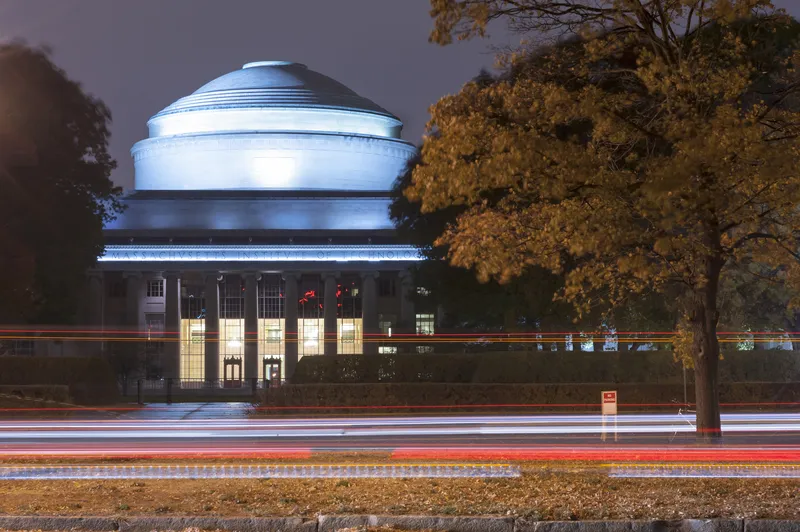Iteris has been awarded a US$934,000 contract for design services by Alameda-Contra Costa Transit (AC Transit) for a corridor travel time improvement project. The project includes the implementation of transit signal priority (TSP), bus stop improvements, real-time passenger information system, and deployment of an adaptive signal control technology system.
May 31, 2017
Read time: 1 min
Iteris has been awarded a US$934,000 contract for design services by Alameda-Contra Costa Transit (AC Transit) for a corridor travel time improvement project. The project includes the implementation of transit signal priority (TSP), bus stop improvements, real-time passenger information system, and deployment of an adaptive signal control technology system.
This contract continues
The design phase of the project is under way with deployment anticipated in 2018. Transit signal priority helps to reduce delay and improve schedule reliability for transit operations. Currently the service time for this route is 134 minutes. Once the project improvements are fully deployed, a roundtrip travel time is expected to be reduced by as much as 15 per cent.









